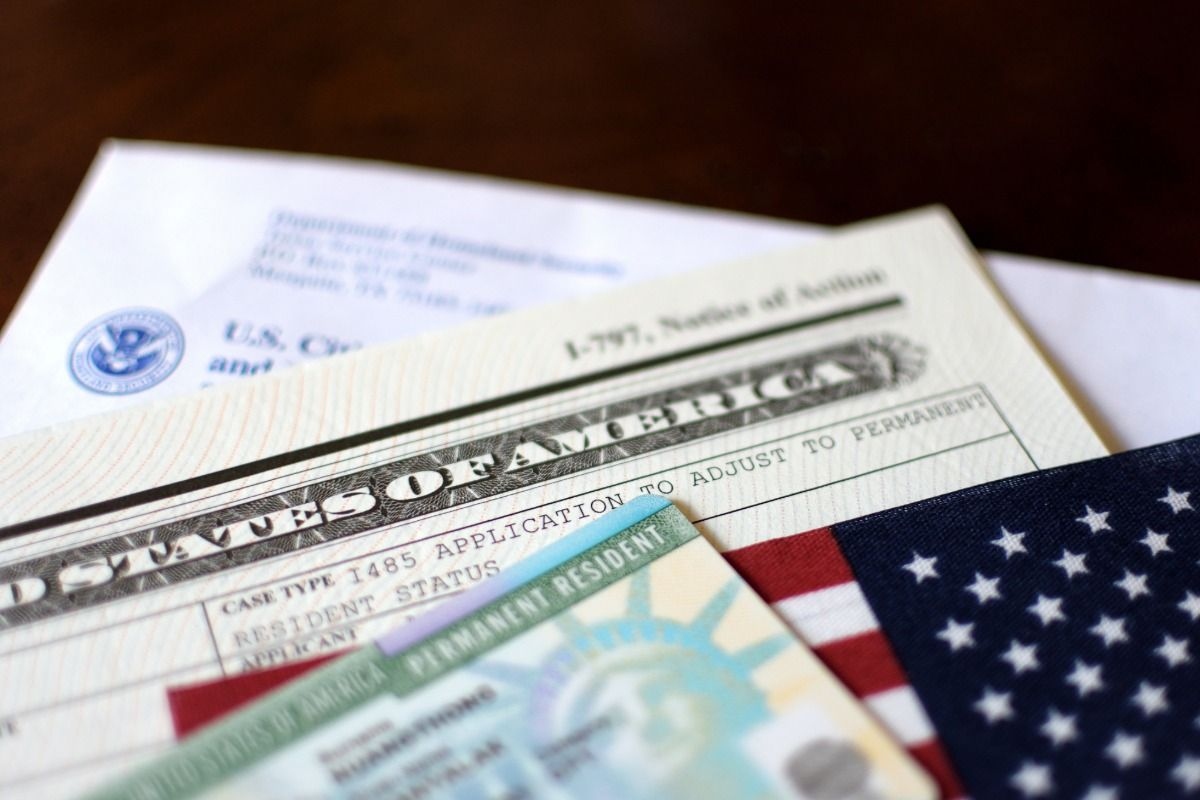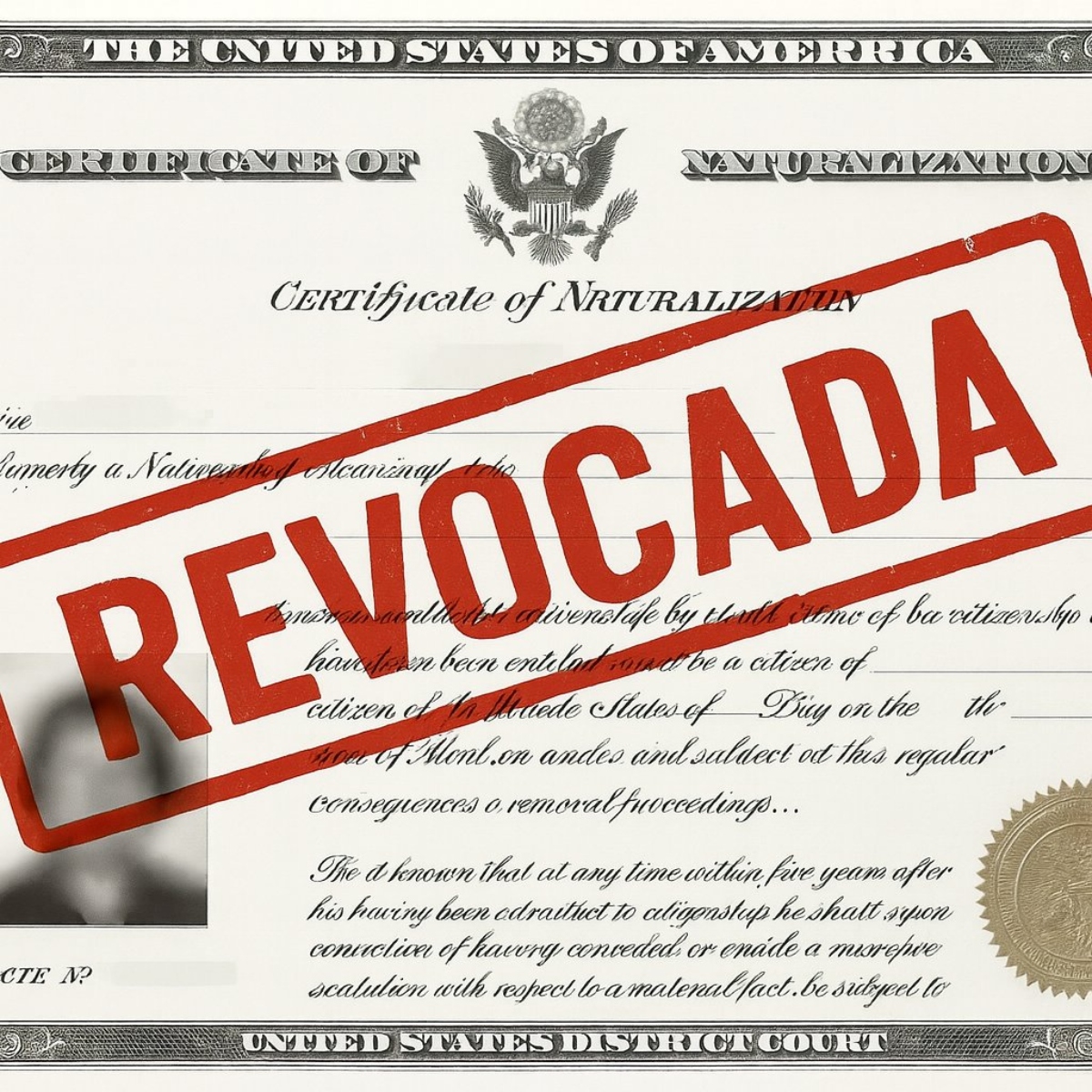Lying about U.S. citizenship can have serious and permanent consequences. U.S. Citizenship and Immigration Services (USCIS) strengthened its policies to detect and punish immigration fraud by updating its Policy Manual with stricter criteria for officers reviewing applications for immigration benefits.
The new guidelines align with the Matter of Zhang court decision, which supersedes previous policies and eliminates defenses previously used, such as ignorance of the law or lack of legal standing when making a false statement.
How USCIS Determines Inadmissibility for Immigration Fraud

USCIS considers inadmissible any person who makes a false statement for the purpose of obtaining benefits under the Immigration and Nationality Act (INA) or under other federal and state laws.
To determine a person’s intent, officers review factors such as age, level of education, mental capacity, language proficiency and ability to distinguish between true and false.
In addition, they analyze the specific circumstances of the case.
Immigration fraud can occur when a foreign national falsely claims to be a U.S. citizen to avoid deportation, obtain a job, access a loan, process a passport, or even to enter the United States when citizenship is a requirement.
If a legal representative or attorney makes a false statement on behalf of the applicant, the applicant remains liable as long as he or she knew of the action.
USCIS made it clear that it is not an excuse to have followed the advice of a third party.
Possibility of retraction in immigration fraud cases

Although there is a possibility to retract, USCIS sets very strict conditions.
The retraction must be voluntary, occur before an official questions the statement, and be made within the same proceeding in which the lie was made.
If the person attempts to correct the statement after being confronted, the retraction will not be considered valid.
Therefore, even if someone later acknowledges his or her mistake, he or she will no longer be able to avoid immigration sanctions.
This point is key, because it demonstrates that the agency seeks to close any door to the manipulation of the immigration system and to toughen the fight against immigration fraud.
Punishments for false declarations of citizenship in the U.S.
Sanctions are particularly severe.
A person who lies about his or her citizenship may be declared permanently inadmissible under section 212(a)(6)(C)(ii) of the INA.
Common punishments include:
Denial of any future immigration application.
Revocation of documents obtained through fraud, such as residency or visas.
Criminal proceedings that may include imprisonment in serious cases.
Deportation and barred from re-entering the United States.
Permanent inadmissibility is one of the harshest punishments, as there is no immigration pardon in most cases Buzzy involving immigration fraud for false claims of citizenship.
How to apply for U.S. citizenship legally
Against this backdrop, USCIS reminds that the only sure way to obtain citizenship is through the naturalization process.
Basic requirements include:
Be a legal permanent resident (Green Card holder) for at least 5 years.
The time may be reduced to 3 years if the applicant is married to a U.S. citizen.
Be at least 18 years of age.
Demonstrate good moral character.
Have a basic knowledge of English and U.S. civics.
The formal process begins with the presentation of Form N-400, accompanied by the corresponding documentation and the payment of fees.
Subsequently, USCIS schedules an appointment to take biometric data (fingerprints and photograph) for background checks.
Then, the naturalization interview is conducted, in which the applicant must pass two tests: an English test (reading, writing and speaking) and a civics test.
Finally, those who pass all the requirements participate in the Oath of Allegiance Ceremony, at which time the Certificate of Naturalization is issued.
The message of the new USCIS rules is clear: lying about U.S. citizenship to obtain immigration benefits is immigration fraud with permanent consequences that can affect a person’s entire life.
This article was originally published in Nueva News.






















